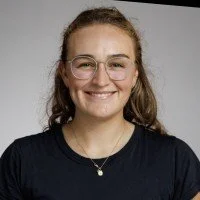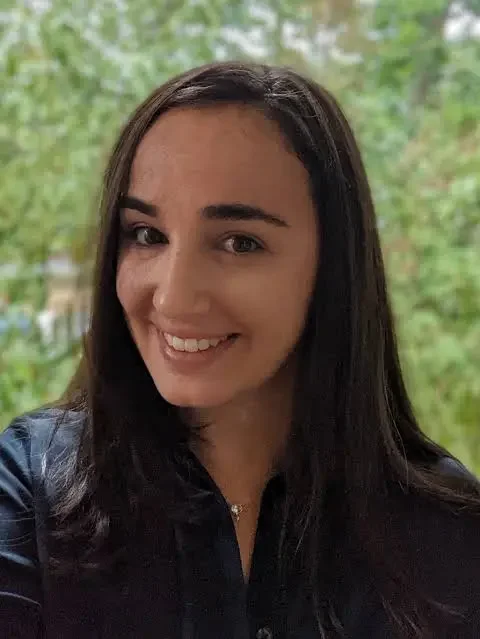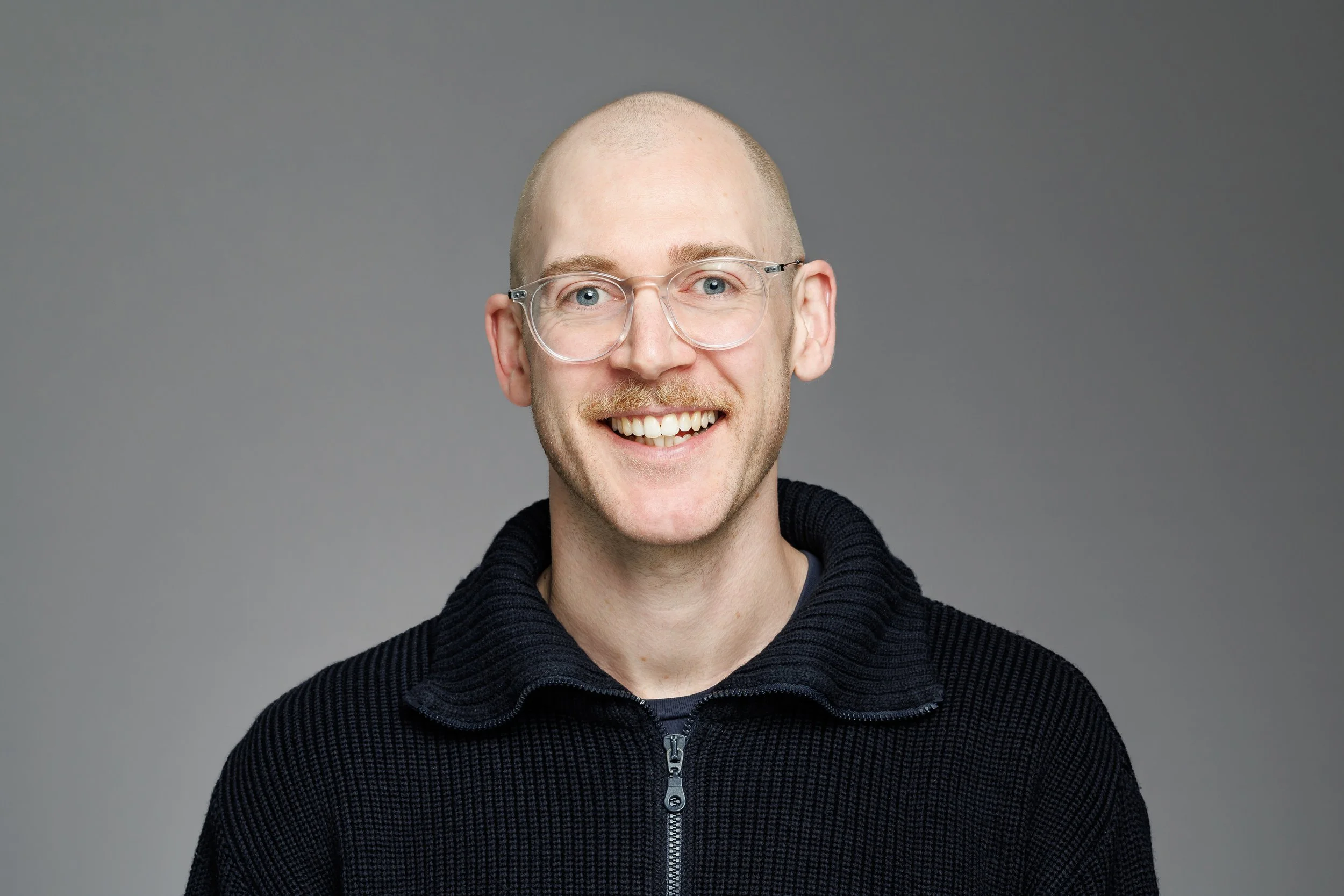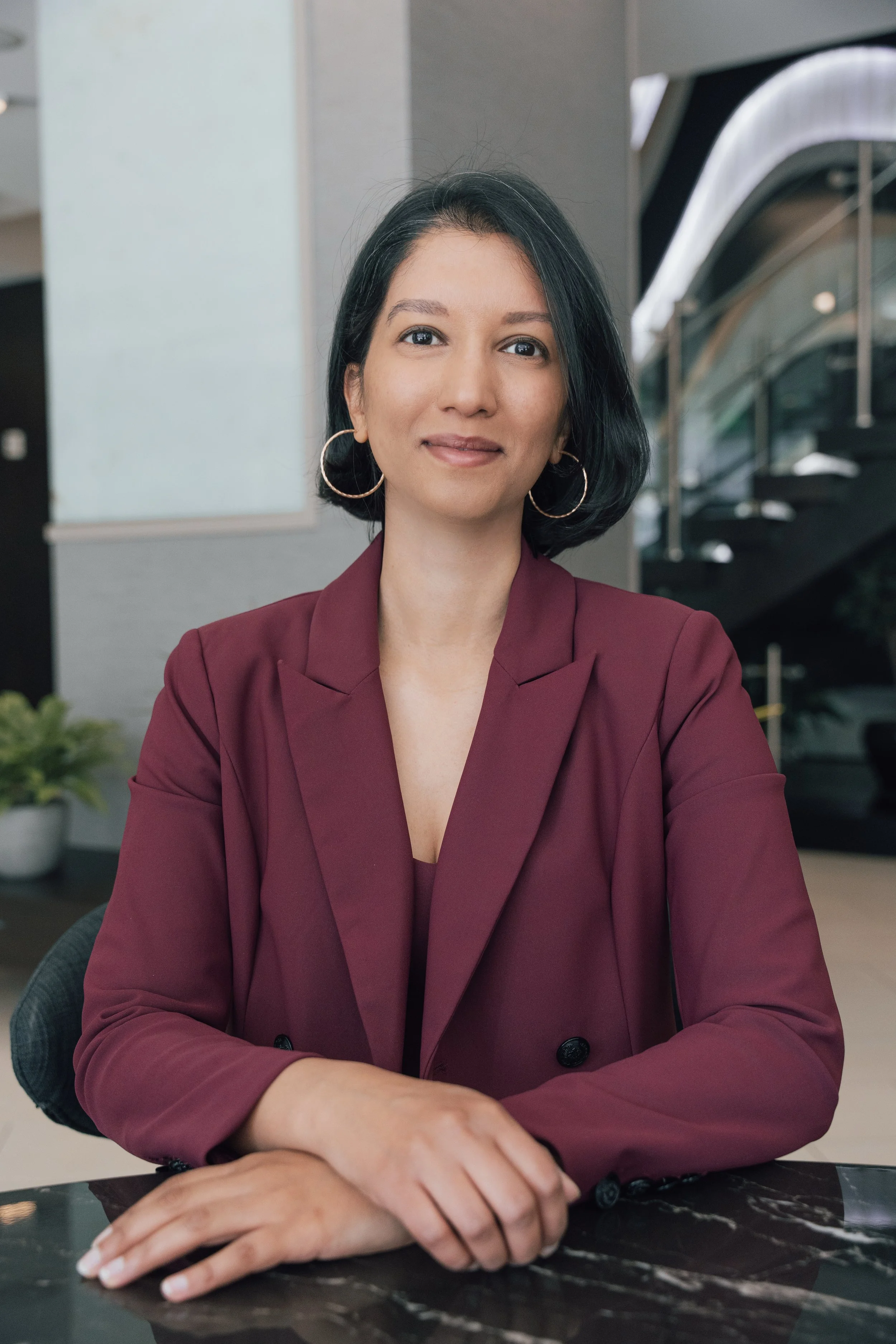Workshop on Aggregated Monitoring (Concluded)
Thursday, October 9th | 8:30 am – 6:00 pm
Kline Geology Lab, Yale University
Event Summary
This workshop will focus on frameworks to determine uncertainty as enhanced weathering moves from small-scale pilots to large-scale deployment. Our goal is to provide recommendations on the spatial scales over which removals are quantified, and how uncertainty is propagated as you move to larger scales. We hope to ground our framework in the mistakes and learnings made in soil organic carbon and forestry.
Attendees are also invited to contribute to a planned perspective on sampling design. This workshop is convened by the Yale Center for Natural Carbon Capture and the Carbon Removal Standards Initiative.
Agenda
8:30–9:00 am | Check in and breakfast
Get your name tag in the lobby of the Kline Geology Lab, then head to room 101 for a light breakfast.
9:00–9:10 am | Opening remarks
Noah Planavsky, professor at Yale University, and Anu Khan, executive director of the Carbon Removal Standards Initiative, will run through the day’s agenda.
9:10–10:00 am | Introductory presentations
Four speakers will discuss foundational concepts, with some time for questions.
Overview of EW quantification focused on soils | Professor Noah Planavsky
Benefits of aggregation for accuracy, cost, scale; results of preliminary soil simulations | Dr. Tim Jesper Suhrhoff
Policy context setting, goals, and key themes | Anu Khan
10:00–11:30 am | Breakout session 1
Work with a small group to discuss key questions.
11:30 am–12:00 pm | Group brainstorm
Together, participants will identify best practices, questions, and concerns related to aggregation.
12:00–1:00 pm | Lunch
Lunch will be provided, and attendees can continue to provide input on the group brainstorm.
1:00–2:00 pm | Panel
Professor Noah Planavsky will moderate a panel on “Learning from Soils and Forests,” with Dr. Eric Potash, Ella Milliken, Dr. Rebecca Sanders-DeMott, and Professor Luke Sanford.
2:00–3:30 pm | Breakout session 2
With the same groups as earlier, participants will tackle a new set of questions.
3:30–3:45 pm | Revisit group brainstorm
Attendees will return to and add to best practices, questions, and concerns
3:45–4:30 pm | Plenary consensus building
Professor Noah Planavsky will lead the group through a consensus-building exercise.
4:30–6:00 pm | Concluding remarks and happy hour
We’ll overview next steps from the workshop, and then join the YCNCC and Earth & Planetary Sciences communities for a happy hour.
Guiding questions for breakout sessions
Session 1: Baselining and Equivalence
What are the spatial and temporal units of measurement used in forestry, soil organic carbon, and enhanced weathering (e.g., fields or stands, years or seasons), and how are those units defined and delineated?
How do approaches to calculating baselines change as spatial and temporal scales change?
What criteria are used to determine equivalence between measurement areas?
What public or external datasets are used to calculate baselines, removals, and equivalence?
Session 2: Implementation
How do sampling density requirements change as project size increases?
What level of deference should be given to projects to tailor sampling density, sampling design, criteria for strata or similar quantification unit delineation, and other methodological considerations to their projects?
What are the criteria for excluding control and treatment plots from a project after the project has started?
How do we set appropriate uncertainty bounds?
Speakers
-
Anu Khan
Carbon Removal Standards Initiative
-

Ella Milliken
Yale Department of Earth & Planetary Sciences
-

Noah Planavsky
Yale Department of Earth & Planetary Sciences
-

Dr. Eric Potash
University of Illinois Urbana-Champagne
-

Dr. Rebecca Sanders-DeMott
Clean Air Task Force
-

Dr. Tim Jesper Suhrhoff
Yale Center for Natural Carbon Capture



